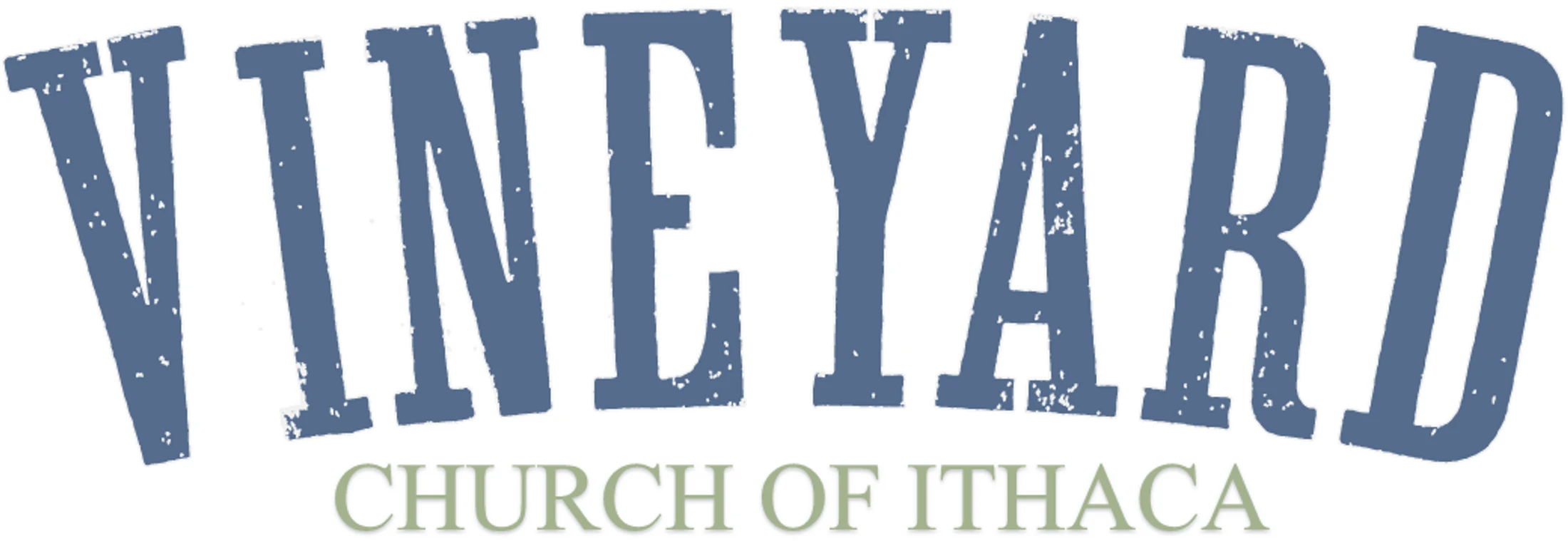The L-Word, Liturgy
Maybe that word doesn’t strike fear in your heart. I’m told there are some people that are quite fond of liturgies. I am reminded of an old beef ad campaign (which I can’t find any videos of, probably because it’s not PC) but it went something like, an actor bites into a nice steak or burger and says “I know people who don’t eat beef... but I don’t trust them.”
Liturgy, as many would define it, and as defined by Vocabulary.com, is like a script for a religious service, the official set of rules for performing a religious ceremony. It is part and parcel with Catholic and mainline denominational churches. Maybe you grew up in one. Maybe you are tired of the stale rituals, devoid of meaning.
Maybe you grew up in an evangelical church that had no liturgy at all. Everything was, like God’s mercies, new every morning (Lam 3:24,23). Or at least every Sunday. Routine things were done but there was no script for how it was done or what was to be said. It was supposed to be fresh. But, sometimes the spontaneous had little depth to it.
Maybe you didn’t grow up in any church and you have no idea what I’m making a big deal about. Praise God. You’ve come to Jesus and can appreciate whatever path he takes you on. God bless you.
But I want to ask us all something; have you experienced liturgy? I don’t mean just being in a service that uses it. I mean have you experienced liturgy. Let’s look at a definition from another “profound” source, Wikipedia. Liturgy represents a communal response to and participation in the sacred through activity reflecting praise, thanksgiving, supplication or repentance.
In this view liturgy sounds like a good thing. Is that possible? I was raised Catholic and went to a Catholic school for 7 years. Between that and attending a variety of other churches over the years I’ve been in a lot of liturgical services. Few were engaging enough that I felt I had “participated in a sacred activity”. Is that the fault of liturgy? Is it how the churches do it? Is it my bad attitude? Reading the Bible in one of those Catholic liturgies actually sparked an interest in the Word when I was in 4th grade. It didn’t last.
Now that I know so much more about the Old Testament and church history when I return to a Catholic service I am able to “respond and participate” in the liturgy. The understanding of what’s in the liturgy brings the Word into focus, gets me to think, thank and praise.
Some will say there is no liturgy in the Bible. Really? Let’s look.
We get the word liturgy from the Greek word leitourgia. Strong’s Exhaustive Concordance identifies 3 forms of the word used in the New Testament. Strong assigns a number to each Greek word and lists the verses that contain that word. Leitourgia covers 3008, 3009 and 3011.
3008: to be a public servant, that is, (by analogy) to perform religious or charitable functions (worship, obey): - minister
Romans 15:27, Acts 13:2 (while they liturgied to the Lord), Hebrews 10:11
3009: public function (as priest or almsgiver)
2 Cor 9:12, Phillip. 2:17, 2:30, Heb 8:6,9:21, Luke 1:23 (while Zechariah performed his liturgy)
3011: a public servant, that is, a functionary in the Temple or Gospel, or (generally) a worshipper (of God) or benefactor (of man)
Rom 15:16, Heb 8:2, 1:6-7, Phillip. 2:25
Paul uses it 3 times in Phillipians chapter 2
17 “the sacrificial offering (liturgy) of our faith”
25: Epaphroditus ministered (liturgied) to my needs
30 (he) supplied what was lacking in your service (liturgy) toward me
All this is to say that when we do or say something regularly as part of our communal gathering that serves to produce praise, thanksgiving, supplication or repentance it is liturgy, and it is a good thing. Acts of charity and service are liturgy too. The very things “that God has prepared beforehand that we might walk in them.” (Eph 2:10)
The next time someone says “liturgy” be gracious and look for the acts of worship and ministry within it.
Mike
